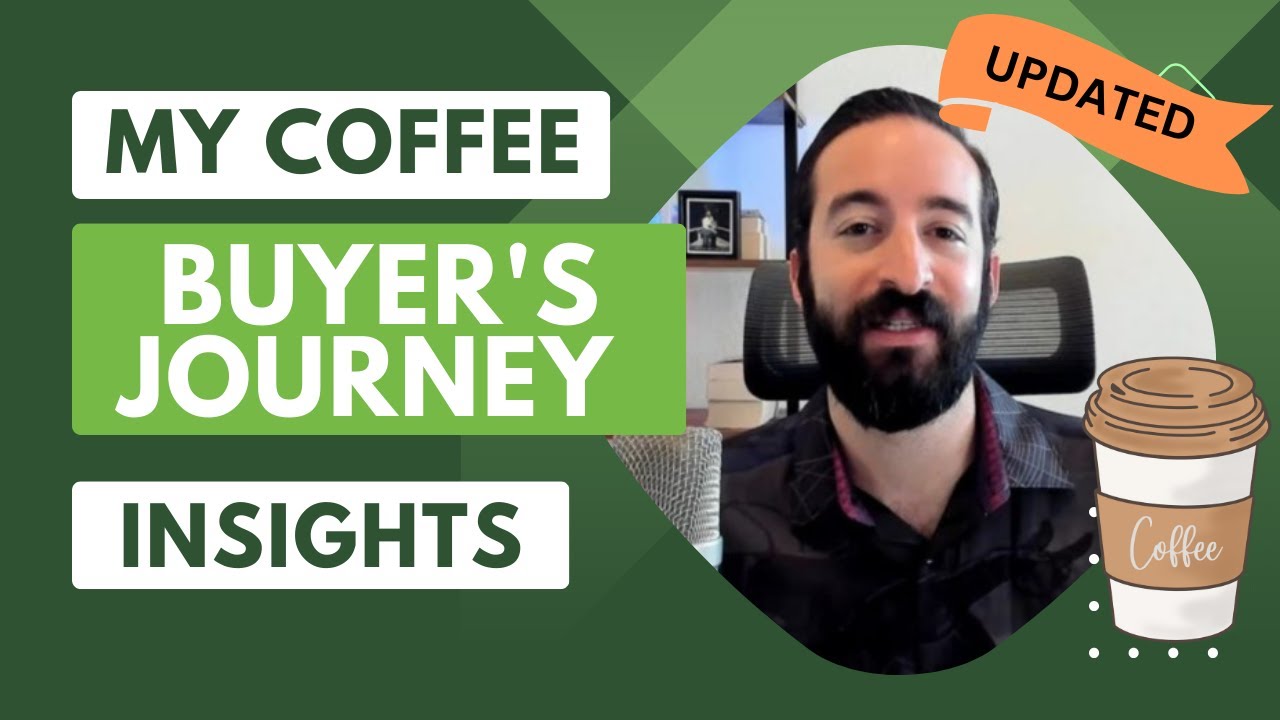A Sales and Marketing Expert’s Journey Through the Coffee Conundrum
Navigating the Coffee Setup Buyer’s Journey I want to share my Coffee Setup Buyer’s Journey and analyze it from a sales and marketing perspective. It’s amazing that even with all
Read More | Watch Video

